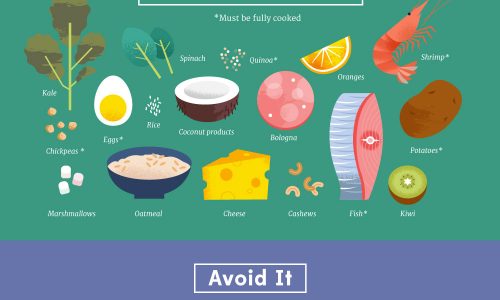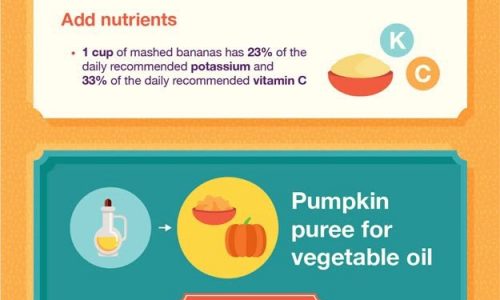
Protein is an essential food that keeps the body fit and healthy by maintaining/building the cells in the muscles, bones, and organs. Protein breaks down into the amino acids that the body needs to power the immune system and create enzymes. This infographic offers an overview of the benefits of protein as well as some of the myths that are doing the rounds.
According to nutritionists, every day we need a minimum of 0.8 grams of protein per kilogram of body weight. Some scientists believe that older people should increase their daily intake of protein to 1 or 1.2 grams per kilogram. This is to make up for the slower metabolic rate of people over 65. Protein is found in abundance in meat, fish, and eggs. However, some vegetables such as broccoli, nuts, avocado, and quinoa, are also high in protein.
In recent years, high protein diets have become the trend with proponents insisting that increasing your protein intake will result in weight loss. Proteins will make you feel fuller for longer, but if you continue to eat foods high in unrefined starches it is unlikely that you will manage significant weight loss.
There are also risks associated with too much protein in the diet. Recent studies suggest a connection between high protein consumption and Type II diabetes. Though some have suggested that the source of the protein is more of a problem than the protein itself. Plant-based sources of protein are much healthier than fatty processed meats, for example.
A healthy body is powered by a well-rounded diet rich in fruit and vegetables, proteins, and grains. Don’t sacrifice one food group for another.




